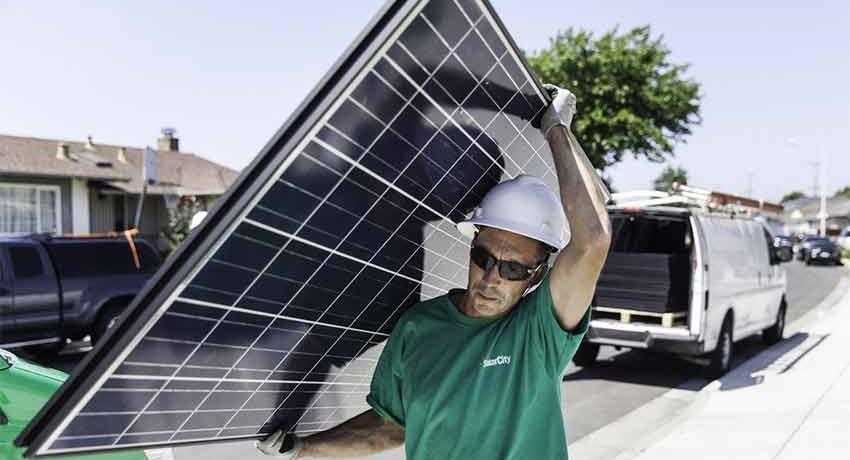SolarCity in Florida brightens solar future in Southeast
SolarCity’s recent announcements that it’s launching services in South Carolina and Florida could indicate a big policy shift toward more favorable solar regulations in the Southeast US.
Historically, the Sunshine State has been one of the darkest for the country’s rapidly growing solar industry. Florida ranks third in the nation for solar potential, according to the Solar Energy Industries Association, but only 14th for actual installed capacity. It’s almost laughable that notoriously cloudy states like New Jersey, Massachusetts and New York rank higher than sunny Florida for rooftop solar installation.
But, policy has more to do with solar industry growth than the sun does. Whether or not utilities allow rooftop solar in their domains and if they reimburse solar customers for the power they feed back onto the grid and at what rate make a big impact on how economically viable solar installations are.
The good news for Florida and other southeastern states is that voters want solar. And just as solar is becoming ever more affordable, some of the policies standing in the way of greater solar adoption are eroding in the flow of public opinion and knowledge.
Florida defeated a wildly deceptive anti-solar amendment to its state constitution in November. The amendment was dressed up in pro-solar clothes, but would have allowed big utility monopolies to tack on extra fees to solar customers’ bills. While the ballot measure, which said it would allow private ownership of solar panels (no telling what it would mean for leased panels, which are already not allowed) in the state. But it went on to say that those customers who didn’t install solar wouldn’t be obligated to “subsidize” those customers with solar.
The ballot measure got a majority of votes, but not the 60 percent required to amend the state constitution.
Following the defeat of the measure, SolarCity (recently purchased by Tesla) announced it would finally launch residential solar services in the state. The fact that the nation’s largest rooftop solar installer has steered clear of doing business in one of the sunniest states in the country all this time speaks volumes about Florida’s solar policy up to this date.
While policy isn’t exactly a gleaming beacon of light in Florida, the public sentiment is strong. And the biggest threat of menacing taxes and fees on those who invest in solar installations is mostly quelled after the vote, clearing the way for rooftop solar installers to open up new markets in the Southeastern states where they have historically faced an uncomfortable amount of uncertainty.




